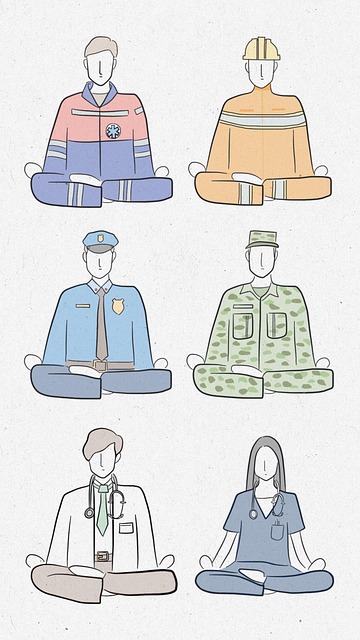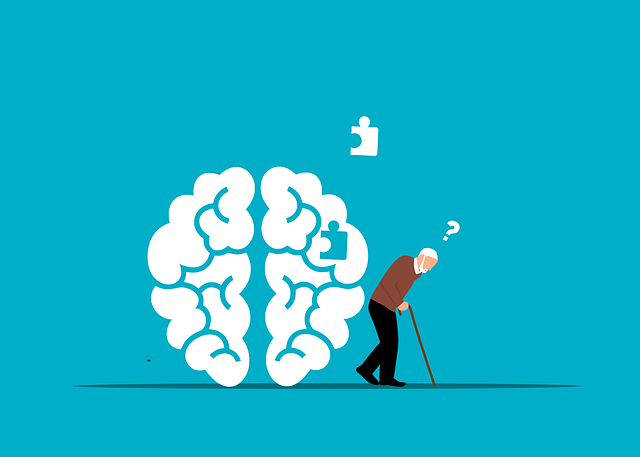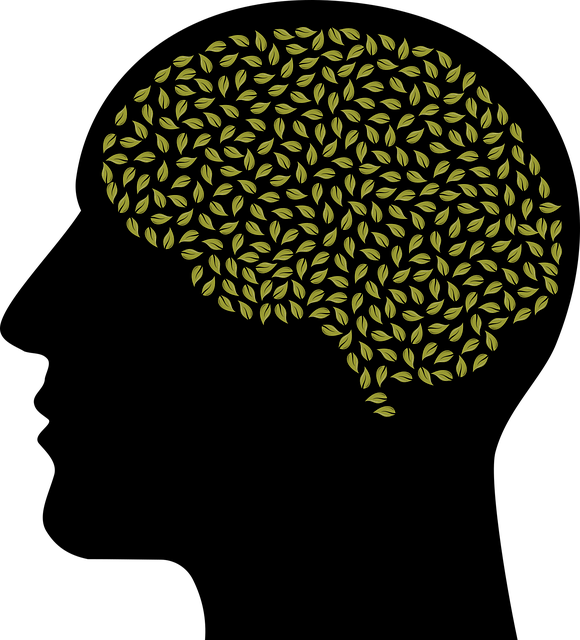Anxiety disorders significantly impact daily life, but evidence-based treatments like Littleton Phobias Therapy using CBT and exposure therapy help individuals challenge negative thoughts, reduce anxiety symptoms, and improve quality of life. This multifaceted approach includes self-awareness exercises like mindfulness and journaling, and strategies for healthcare providers to manage stress and prevent burnout. Combining therapy with proactive self-care routines like exercise, diet, and mindfulness enhances mental wellness, especially for those dealing with phobias.
Anxiety disorders affect millions, yet manageable through various effective techniques. This comprehensive guide explores strategies to overcome anxiety, from understanding its impact on mental health to specific therapies like Littleton Phobias Therapy. We delve into common management techniques, the role of therapy in addressing fears and phobias, and essential lifestyle changes for long-term relief. By adopting these strategies, individuals can reclaim their lives and achieve lasting peace.
- Understanding Anxiety Disorders and Their Impact
- Common Techniques for Effective Anxiety Management
- The Role of Therapy: Addressing Specific Fears and Phobias
- Lifestyle Changes and Self-Care Strategies to Combat Anxiety
Understanding Anxiety Disorders and Their Impact

Anxiety disorders are prevalent mental health conditions that significantly impact individuals’ daily lives and overall emotional well-being promotion techniques. These disorders, including phobias, generalized anxiety disorder (GAD), and panic attacks, are characterized by excessive and persistent fear or worry. For instance, someone with a specific phobia may experience intense anxiety when facing their feared object or situation, such as heights or spiders, which can greatly restrict their activities.
Littleton phobias therapy is one effective approach to managing these disorders. Through various evidence-based techniques, like cognitive-behavioral therapy (CBT), individuals learn to challenge negative thoughts and replace them with more realistic, positive thinking. Enhancing emotional intelligence plays a crucial role in this process, as it helps people understand and manage their emotions better. By combining these strategies, patients can reduce anxiety symptoms, improve their quality of life, and foster a greater sense of control over their feared triggers.
Common Techniques for Effective Anxiety Management

Anxiety management techniques are diverse and effective tools for navigating life’s challenges. Common approaches include Littleton Phobias Therapy, which focuses on desensitizing individuals to specific fears through gradual exposure. This therapy helps break down anxiety-inducing situations into manageable steps, allowing individuals to confront their phobias in a safe and controlled manner. Additionally, Self-Awareness Exercises play a pivotal role in understanding triggers and developing coping mechanisms. Mindfulness meditation, deep breathing techniques, and journaling are examples of exercises that promote self-reflection and emotional regulation.
Beyond individual therapies, Burnout Prevention Strategies for Healthcare Providers offer valuable insights into managing anxiety within demanding professions. These strategies emphasize work-life balance, stress management, and the importance of setting boundaries. Incorporating regular breaks, engaging in hobbies outside of work, and practicing conflict resolution techniques through communication and collaboration can significantly reduce workplace-related anxiety. By integrating these diverse methods, individuals can develop a robust anxiety management toolkit tailored to their unique needs.
The Role of Therapy: Addressing Specific Fears and Phobias

Therapy plays a pivotal role in anxiety management by providing a safe and structured environment to address underlying fears and phobias. Littleton Phobias Therapy, for instance, focuses on understanding and desensitizing individuals to specific triggers that induce overwhelming anxiety or panic. Through various evidence-based techniques like cognitive behavioral therapy (CBT), therapists help clients challenge negative thoughts and beliefs associated with their phobias. This process, known as exposure therapy, gradually exposes them to the feared object or situation in a controlled manner, enabling resilience building and enhancing coping mechanisms.
Moreover, crisis intervention guidance is integrated into these therapeutic approaches to manage acute anxiety episodes. Mental health professionals are equipped with risk management planning strategies that allow them to support clients during moments of heightened distress. By combining targeted interventions and comprehensive therapy, professionals foster not only the resolution of specific phobias but also the development of lifelong resilience in managing anxiety-related challenges.
Lifestyle Changes and Self-Care Strategies to Combat Anxiety

Anxiety management often begins with significant lifestyle changes and adopting a proactive self-care routine. Regular exercise, a balanced diet, and sufficient sleep are foundational components in reducing stress levels. Engaging in activities that promote relaxation, such as mindfulness meditation or deep breathing exercises, can significantly combat anxiety symptoms. Additionally, structuring one’s day with a consistent self-care routine helps establish a sense of control, which is especially beneficial for those dealing with phobias, as Littleton Phobias Therapy emphasizes.
Developing a robust self-care routine goes beyond these activities. It involves setting boundaries to prevent overwhelm, engaging in hobbies and social interactions that foster well-being, and learning effective stress reduction methods. Social Skills Training can be particularly helpful in building confidence and enhancing relationships, thereby reducing social anxiety. By incorporating these strategies into daily life, individuals can better manage their anxiety, improve mental health, and enhance overall quality of life.
Anxiety disorders can significantly impact daily life, but managing them is achievable. By combining common techniques, such as mindfulness and relaxation methods, with therapy tailored to specific fears and phobias—like those addressed by Littleton Phobias Therapy—individuals can lead happier, more fulfilling lives. Lifestyle changes, including regular exercise, a balanced diet, and adequate sleep, are also crucial components of effective anxiety management. Implementing these strategies allows for greater control over anxiety symptoms and improved overall well-being.














